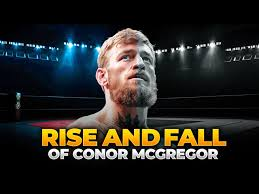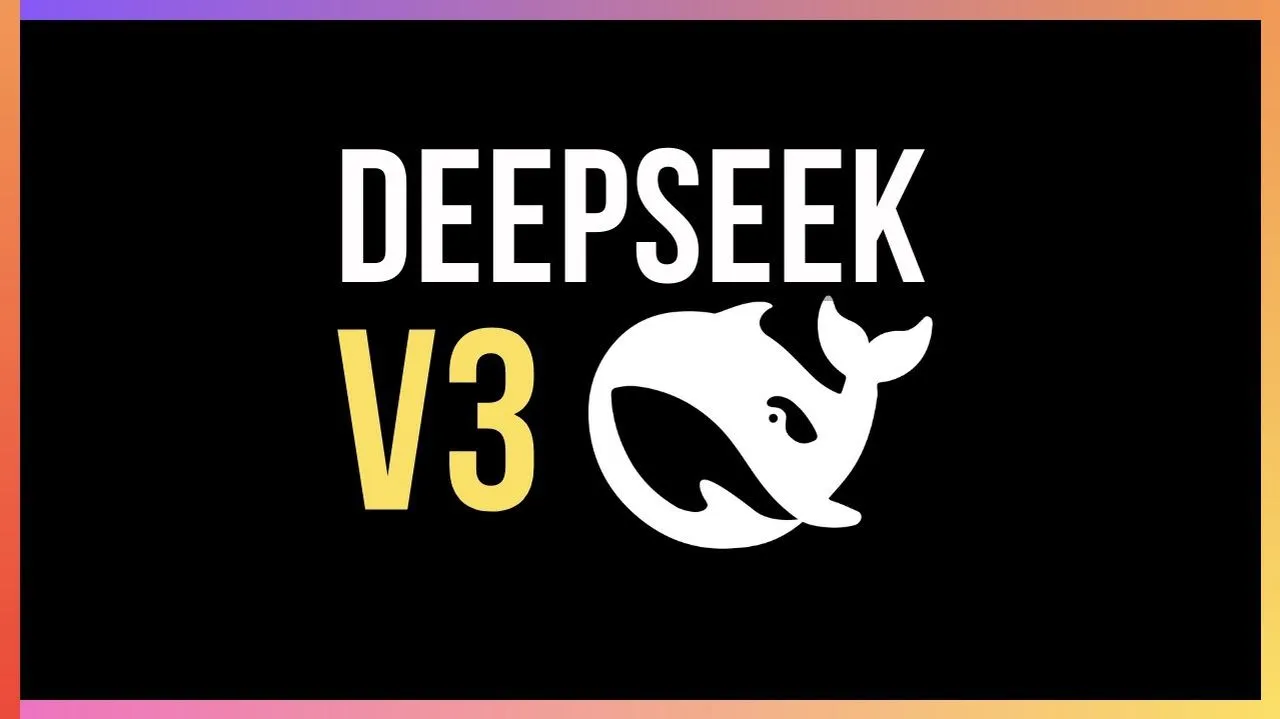
The Rise of Competitive Video Gaming
Over the past few decades, the landscape of entertainment has evolved dramatically, and one of the most significant developments has been the rise of competitive video gaming, commonly known as esports. What was once a niche hobby has grown into a global phenomenon, captivating millions of players and spectators alike. Esports has transformed video gaming from a pastime enjoyed in bedrooms and arcades into a professional arena with high stakes, where elite players compete for fame, fortune, and glory. This article explores the growth of competitive gaming, its cultural impact, and its future prospects.
The Early Days: From Arcades to Online Play
The roots of competitive gaming can be traced back to the arcade era of the 1970s and 1980s, where players would gather to test their skills on games like Space Invaders, Pac-Man, and Donkey Kong. High scores were a badge of honour, and local competitions began to emerge, with players vying for the top spot on leaderboards. However, these early contests were informal and lacked the structure and organisation that characterise modern esports.
The advent of home consoles and personal computers in the 1980s and 1990s further fuelled the growth of competitive gaming. Games such as Street Fighter, Mortal Kombat, and StarCraft became popular in both arcades and homes, with players often organising impromptu tournaments among friends. The rise of the internet in the mid-1990s was a game-changer, enabling players to compete against each other across great distances. Online multiplayer games like Quake and Counter-Strike became the breeding grounds for the first professional gaming tournaments, setting the stage for the esports industry that we know today.
The Emergence of Esports
The term “esports” began to gain traction in the early 2000s as competitive gaming became more organised and professionalised. South Korea was at the forefront of this movement, with the rise of StarCraft as a national pastime. The game’s popularity led to the formation of professional teams, leagues, and televised tournaments, turning top players into celebrities. This phenomenon soon spread to other parts of Asia, Europe, and North America, with games like League of Legends, Dota 2, and Counter-Strike becoming staples of the competitive gaming scene.
Esports leagues and tournaments began to emerge, offering significant prize money and attracting sponsorships from major corporations. The formation of leagues such as Major League Gaming (MLG) in the United States and the Electronic Sports League (ESL) in Europe marked a turning point in the industry, providing a structured platform for players to showcase their skills. The creation of these leagues also helped to legitimise esports as a professional sport, drawing comparisons to traditional sports like football and basketball.
The growth of streaming platforms such as Twitch and YouTube in the 2010s further accelerated the rise of esports. These platforms allowed fans to watch live gameplay and tournaments from anywhere in the world, creating a global audience for competitive gaming. The accessibility of these platforms also gave rise to a new generation of esports stars, who built massive followings through their online streams and content creation.
The Growth of the Esports Industry
Today, esports is a multi-billion-pound industry, with professional players, teams, and leagues operating at a level comparable to traditional sports. Major tournaments, such as The International for Dota 2, the League of Legends World Championship, and the Overwatch League, draw millions of viewers and offer prize pools in the millions. These events are often held in large arenas, with thousands of fans attending in person and millions more watching online.
The rise of esports has also led to the growth of ancillary industries, including merchandising, sponsorship, and media rights. Companies such as Coca-Cola, Intel, and Red Bull have become major sponsors of esports events and teams, recognising the marketing potential of the industry’s young, tech-savvy audience. Esports organisations, like Cloud9, Team Liquid, and Fnatic, have developed into global brands, with dedicated fan bases and a presence across multiple games.
The influence of esports has extended beyond gaming, impacting popular culture as a whole. Esports players are now recognised as athletes, with some receiving endorsements and sponsorship deals similar to those of traditional sports stars. Universities and colleges around the world, including in the UK, have begun to offer scholarships and programmes dedicated to esports, reflecting the growing acceptance of competitive gaming as a legitimate career path.
The UK has been an active participant in the esports boom, with a vibrant community of players, teams, and fans. The country has produced several successful esports organisations, such as Excel Esports and Fnatic, which compete at the highest levels in games like League of Legends and Counter-Strike: Global Offensive. The UK government has also recognised the potential of esports, with initiatives aimed at supporting the industry and promoting it as part of the country’s digital economy.
The Cultural Impact of Esports
The rise of esports has had a profound impact on gaming culture and the broader entertainment landscape. Competitive gaming has helped to break down stereotypes about gamers, showcasing the skill, dedication, and teamwork required to succeed at the highest levels. The image of the solitary gamer has been replaced by that of the esports athlete, who trains rigorously, collaborates with teammates, and performs under pressure in front of large audiences.
Esports has also fostered a sense of community among gamers. Online platforms, social media, and live events have brought together fans from around the world, creating a shared culture and language around competitive gaming. This sense of community is particularly strong in the UK, where grassroots tournaments and events provide opportunities for amateur players to compete and connect with others who share their passion.
The success of esports has also influenced the development of new games. Many modern video games are designed with competitive play in mind, featuring mechanics and systems that cater to esports. Games like Fortnite, Valorant, and Apex Legends have built-in competitive modes, and developers often engage with the esports community to fine-tune gameplay and balance.
Moreover, the impact of esports extends to the media and entertainment industries. The popularity of esports has led to the creation of documentaries, films, and television series that explore the lives of professional gamers and the inner workings of the industry. The crossover between esports and mainstream media has helped to elevate the profile of competitive gaming and introduce it to new audiences.
Challenges and Future Prospects
Despite its rapid growth, the esports industry faces several challenges. One of the most pressing issues is the lack of regulation and standardisation across the industry. While traditional sports have well-established governing bodies, esports is still in the process of developing similar structures. This lack of regulation can lead to issues such as match-fixing, doping, and player exploitation, which threaten the integrity of the sport.
Another challenge is the sustainability of the esports ecosystem. The reliance on sponsorships and advertising revenue makes the industry vulnerable to economic downturns and shifts in consumer behaviour. Additionally, the intense pressure on professional players, who often start their careers at a young age, can lead to burnout and mental health issues. The industry is beginning to address these concerns, with organisations and teams placing greater emphasis on player welfare and career longevity.
Despite these challenges, the future of esports looks bright. The industry is expected to continue its growth, with new games, technologies, and markets driving expansion. The increasing involvement of traditional sports organisations and media companies is likely to bring greater investment and stability to the industry. Furthermore, the continued rise of mobile gaming and virtual reality could open up new avenues for competitive gaming, reaching even larger audiences.
In conclusion, the rise of competitive video gaming is one of the most remarkable cultural phenomena of the 21st century. From its humble beginnings in arcades and online multiplayer games, esports has evolved into a global industry that rivals traditional sports in terms of popularity, influence, and economic impact. The UK has played a significant role in this growth, with a thriving esports scene that continues to expand. As esports continues to evolve, it will undoubtedly shape the future of gaming, entertainment, and culture for years to come.








